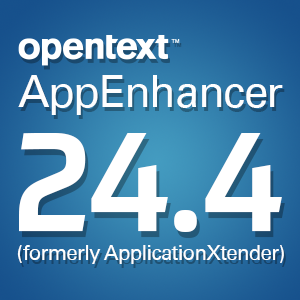Clerks’ offices adopting paperless objectives
Monday, June 10, 2013Traditionally, county clerks had to deal with the burdens of collecting, maintaining and organizing massive amounts of paper files as well as compiling hefty packets for distribution. However, with advancements in electronic document management (EDM) software, towns around the country have been able to eliminate these burdens. As more cities adopt EDM, there is immense potential to gain convenience, cost savings and other benefits for clerks, councils and citizens alike.
Sentinel and Enterprise reported that recently, the Fitchburg, Mass., city council unanimously approved Councilor Jeff Bean's proposition to make all meetings paperless. Bean's petition was held in the Records Committee for two meeting cycles so that councilors could test out receiving their packets electronically and determine whether the digital system was more effective. The city clerk's office and councilors reportedly found the electronic method easier and more efficient than dealing with the heavy paper packets.
Meanwhile, The Villager revealed that Montgomery County District Clerk Barbara Adamick recently spoke to the North Shore Republican Women regarding plans to make court, judicial and historical documents available online for the public. Adamick is hoping to launch the system by November of this year. She explained that the clerk's office will start by digitizing civil and family probate cases, with a plan to eventually include criminal cases. She believes that going paperless will save the county substantial money while also minimizing the theft of valuable historical records.
Availability and flexibility
The electronic system is easily accessible for any type of user and can be configured with open access to certain files for the public's needs. However, limited access can be provided only? to attorneys and justice partner agencies in the case of more sensitive documents. Adamick told the news source that her office is currently training staff to use the electronic system.
"Technology is moving, moving, moving. We're racing to give you historical documents with an app," Adamick stated, according to The Villager. "I'm putting forth a big effort to be paperless by January."
After a District Court Technology Fund went into effect in 2009, the county was able to begin preserving case files. So far, approximately 29,384 documents from 1836 to 1999 have been scanned using document imaging technology and put into an existing case file system. The Villager explained that this enables District Clerk staff, judges, court coordinators, the attorney and district general's offices and the public to access the information as needed.
"We feel that we are a modern-day time machine," Adamick told the source. "We're excited about it."
Counties that embrace the latest digital technologies can better preserve critical documentation while also realizing new gains in productivity.
Brought to you by Image One Corporation providing complete information governance since 1994.




